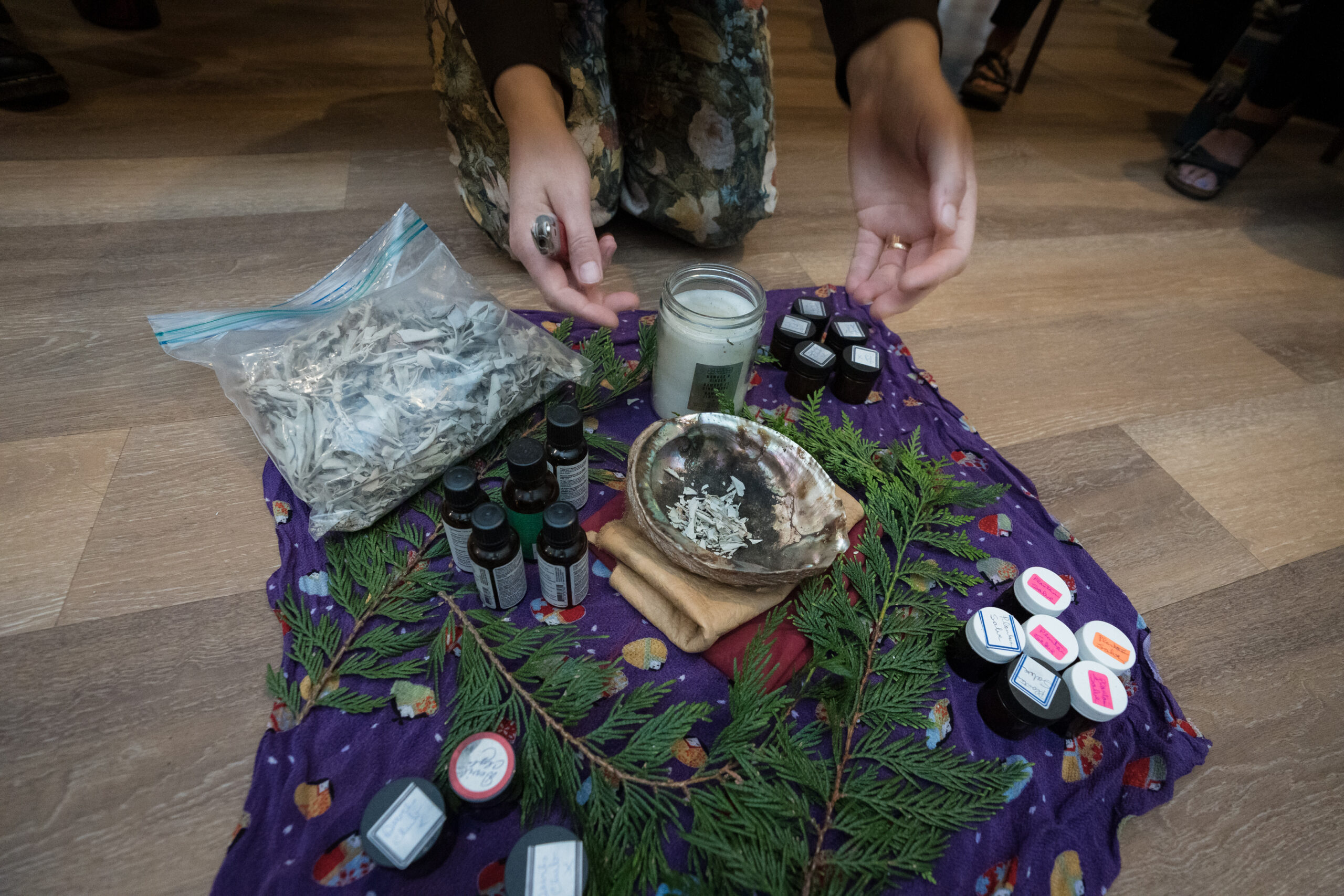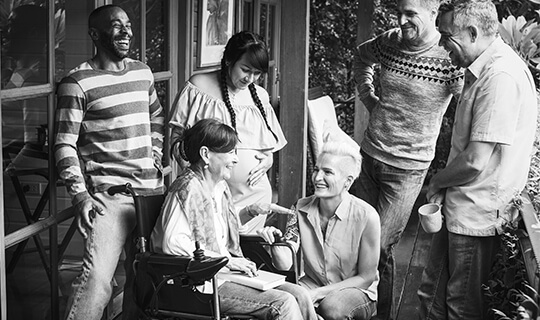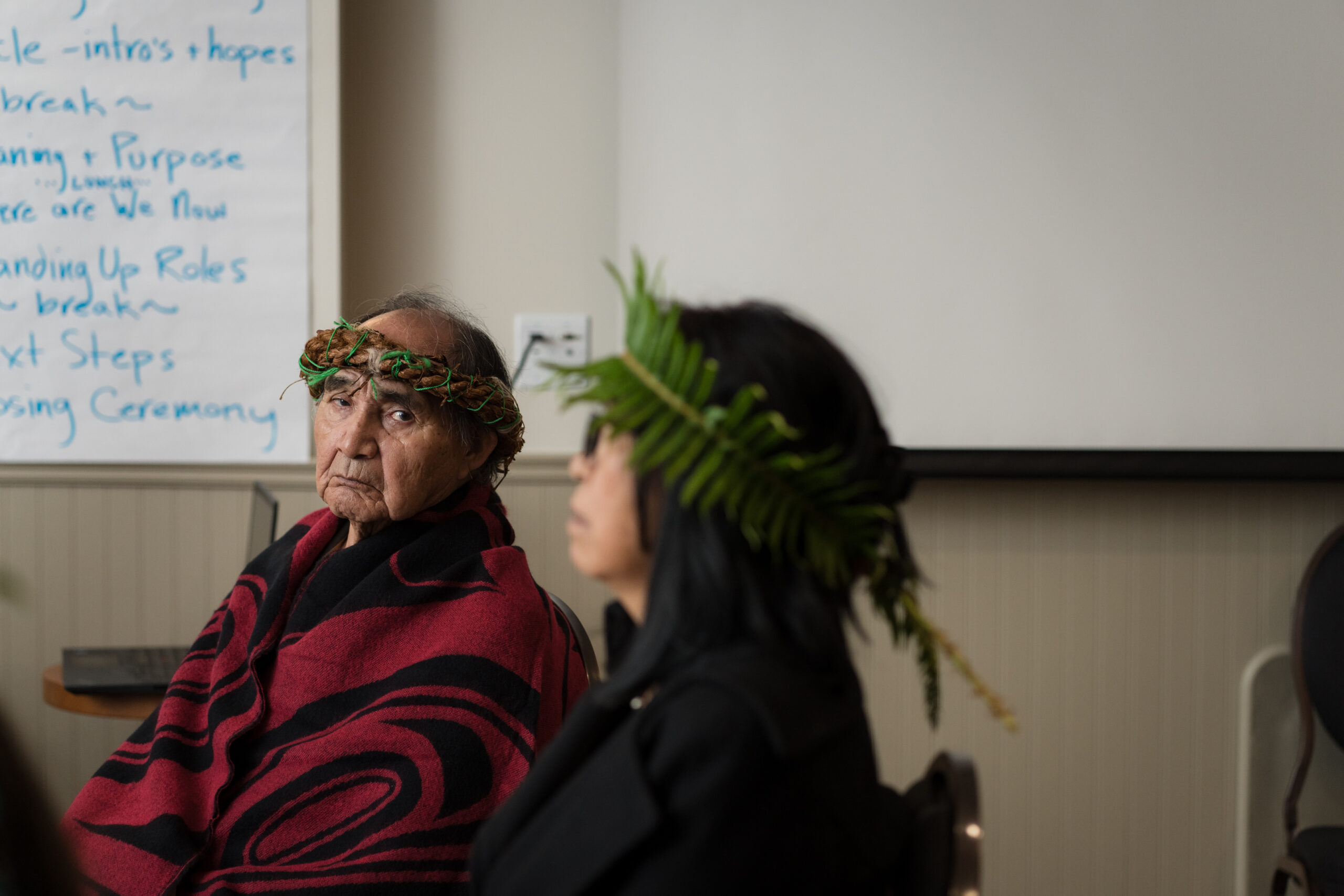About
Our Service Model
Feature Photo: Hashilstha News paper
ʔuukʷinkpanač is rooted in traditional wellness and cultural healing. Our service model is designed to integrate these foundational elements with team-based care to address both the health and social needs of First Nations peoples living in rural and remote communities.
Traditional Wellness
The Nuu-chah-nulth approach views traditional wellness as primary care, reflecting centuries of cultural healing and strength. Our service model places traditional practitioners (Uustukyuu) and cultural healers as integral members of the care team, working alongside Western-trained health professionals. Through this integration, clients are empowered with the choice to receive care through traditional healing, Western medicine, or a combination of both.


The Nuu-chah-nulth Wellness Wheel
Our service planning is guided by the Nuu-chah-nulth Wellness Wheel, a culturally relevant framework that emphasizes balance and interconnectedness. This model promotes holistic health—addressing the physical, emotional, mental, spiritual, and social aspects of wellbeing—and fosters collaboration among care providers to create seamless, patient-centered care.
Modified Hub-and-Spoke Model
Services are delivered through a "hub-and-spoke" model, with a central coordination hub for administration and service management, and six new or enhanced primary care sites located in each of the five Nuu-chah-nulth Nations and an additional site in Opitsaht. This allows for in-community care, reducing the need for patients to travel far from home for services from doctors, nurses, Uut Uustukyuu and allied health professionals.


Team-Based, Culturally Safe Care
Our team-based care model ensures that services are delivered in a culturally safe and relational way. Care teams work in collaboration with the member Nuu-chah-nulth Nations and are guided by teachings of respect, humility, and patience. This partnership helps shift the balance of power away from Western expert-driven models, ensuring that all aspects of care are guided by the needs and preferences of the communities we serve.
Commitment to Reconciliation
We are committed to addressing the ongoing impacts of colonialism within the healthcare system and ensuring equitable access to primary care for First Nations and Indigenous peoples.

